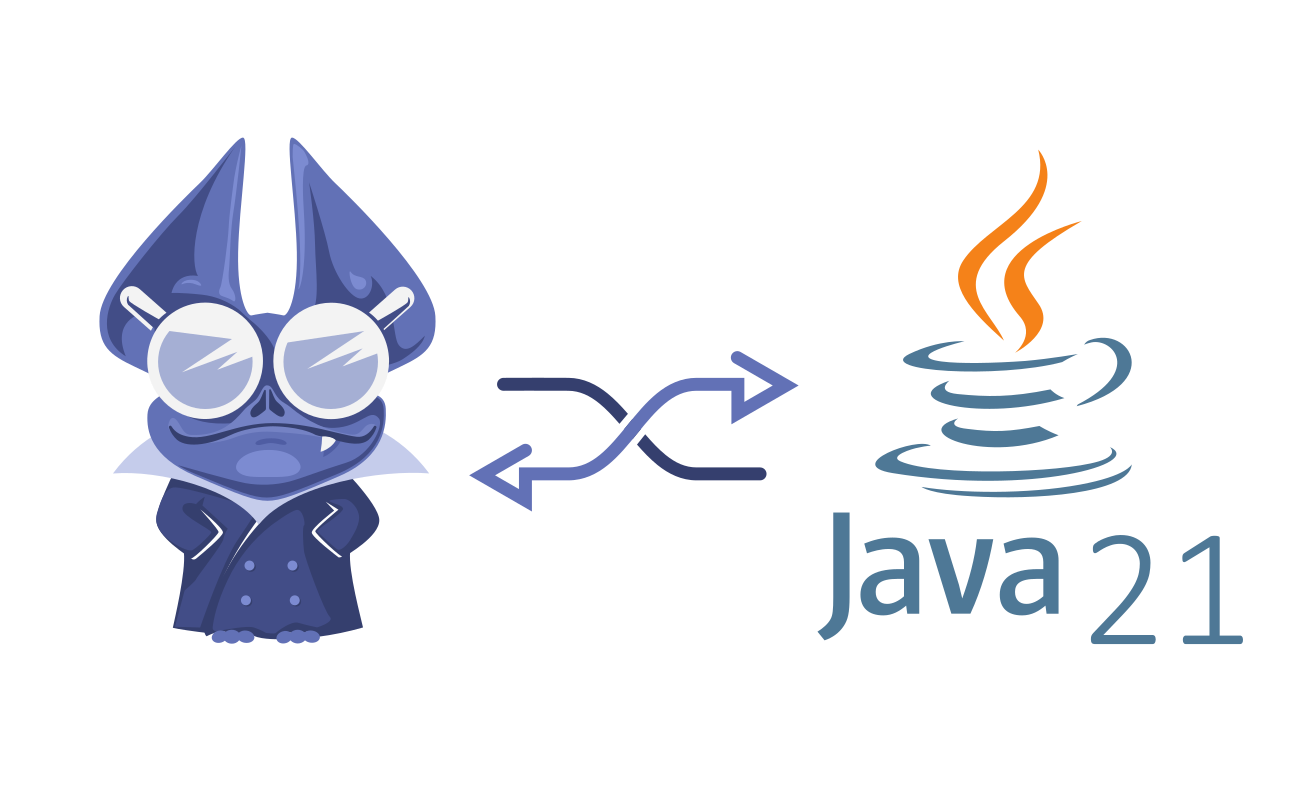- cross-posted to:
- java
- experienced_devs
- cross-posted to:
- java
- experienced_devs
In this article, we’ll debunk the notion that Java is a relic of the past and showcase the language’s modern features, thriving ecosystem, and unwavering presence in enterprise and open-source communities.



Oh yeah - the seamless Java/kotlin interop is pretty slick, though there are some pitfalls - nullity is one of them. Kotlin treats it explicitly, but when it’s talking to Java, it’s forced to treat it ambiguously unless you wrap stuff in
Optional. And then even if you do, some Java lib that you need to plug into your project might not do that, so you’ve got to be careful about managing the interactions between their interfaces in some situations. And then there’s the unfortunate divergence that’s started to occur as newer versions of Java have brought certain features that were first available in Kotlin into Java, but the patterns and interfaces often differ subtly, so you have to worry about that too, especially with less experienced engineers on the team.Don’t get me wrong - it’s great, and I’ve enjoyed working with it, but if you’re doing an incremental migration, make sure you test the ever-loving shit out of it.
Source: I did an incremental Java -> Kotlin migration on a huge project a couple jobs ago
Yeah it can be slightly hairy because Java does a terrible job with nullability. I’ve also done an incremental migration of an android codebase to Kotlin.
Personally I think being forced to declare the nullability of a field is something backend developers should do more of. It helps eliminate some of the foot guns that otherwise get built into the code base.
I’m a bit of a kotlin fanboy though, I’ll admit.
I 100% agree that explicit nullity is categorically better, and the vast majority of the entire software engineering field does too. The problem lies in the fact that explicit nullity was added in 2014 with Java 8, nearly two decades after Java 1 shipped in 1996. That’s a hell of a lot of technical inertia to overcome.
Yeah especially whether Java “runs on 1 billion devices” 😂
The question is why a new codebase in greenfield is still using basic Java 11 on a new 2023 project.
lol do NOT get me started 😭